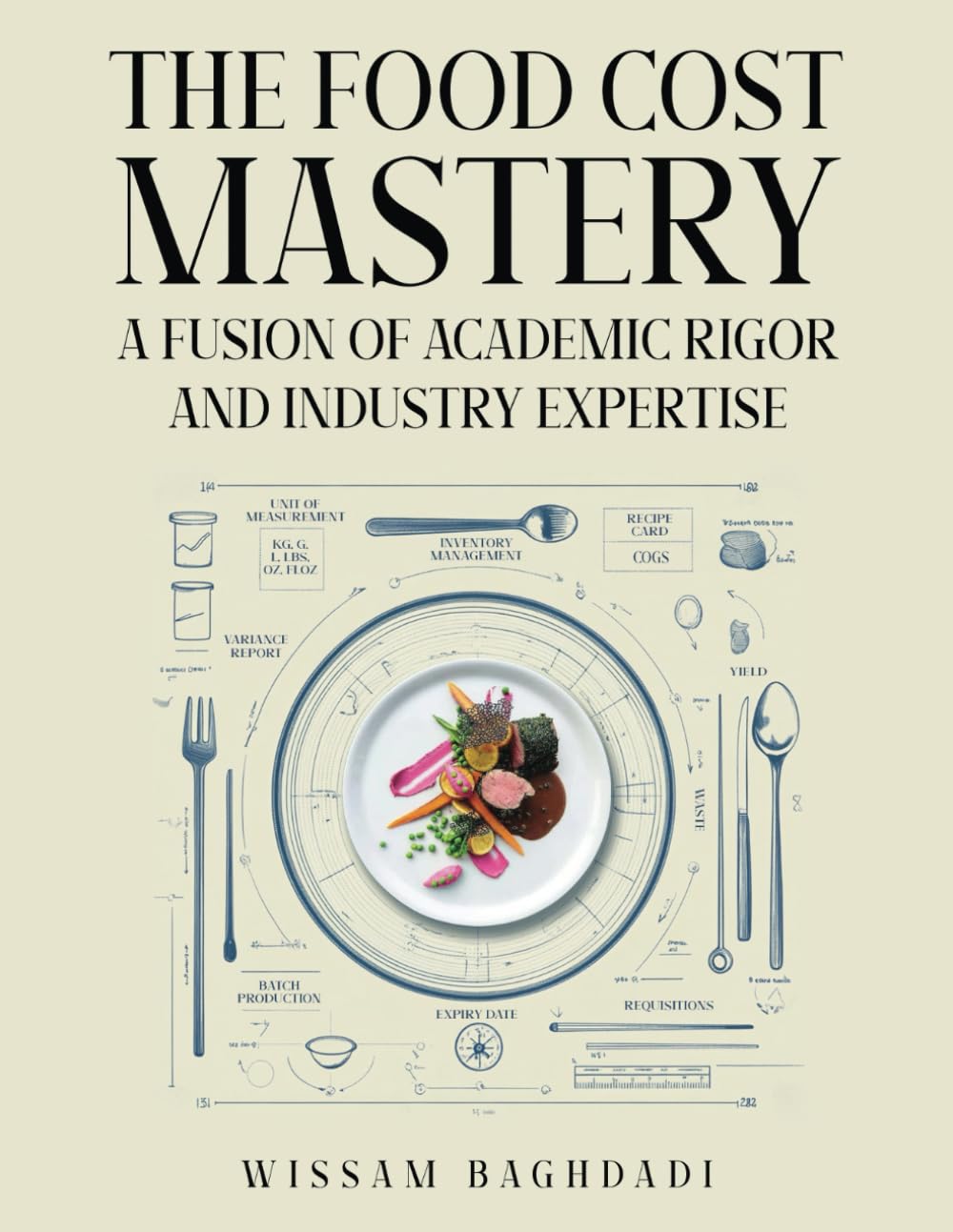
In the competitive restaurant industry, staying on top of your financial performance is essential for long-term success. Regular financial analysis is one of the most effective ways to ensure your restaurant is not only surviving but thriving. In The Food Cost Mastery: Fusion of Academic Rigor and Industry Expertise by Wissam Baghdadi, the importance of maintaining a strong financial foundation through consistent analysis is a recurring theme. Regular financial reviews, such as monthly Profit and Loss (P&L) statements, provide restaurant owners and managers with a clear understanding of where their money is coming from and where it’s going. Here’s why conducting a financial health check is crucial for your restaurant’s success.
1. Tracking Revenue and Identifying Trends
One of the primary purposes of conducting regular financial analysis is to monitor revenue. By reviewing your P&L statement every month, you can easily track how much money your restaurant is bringing in from various revenue streams—such as dine-in, takeout, catering, and events. Regular analysis of this data helps identify trends in customer demand. Are weekends busier than weekdays? Are there particular months where business dips?
As Baghdadi points out, revenue analysis allows you to make data-driven decisions about staffing, menu pricing, and promotional efforts. By staying ahead of trends, you can proactively adjust operations to capitalize on peak times or address slow periods.
2. Monitoring Expenses to Control Costs
Expenses are a significant part of any restaurant’s budget, and regular financial analysis ensures you’re keeping them under control. A detailed P&L statement helps you break down costs like food, labor, utilities, and rent. Without constant monitoring, small, unnoticed increases in these areas can add up to big losses over time.
For instance, food costs often fluctuate depending on seasonal changes or supplier pricing. Baghdadi emphasizes the importance of understanding these fluctuations and adapting purchasing habits accordingly. By keeping track of how much you’re spending on ingredients and other supplies, you can make smarter purchasing decisions to avoid wastage and excess inventory.
3. Assessing Profitability
Perhaps the most important element of a monthly financial review is assessing profitability. Profit margins in the restaurant business can be thin, so it’s essential to know how much of your revenue is actually translating into profit. Are your margins on target? If not, what’s causing the discrepancy?
Baghdadi highlights that restaurants need to focus not just on increasing revenue but on maximizing profitability. Regular financial analysis allows restaurant managers to identify areas where profitability can be improved—whether through reducing waste, optimizing labor, or adjusting pricing strategies.
4. Making Informed Decisions for Growth
Frequent financial reviews give you the data needed to make informed decisions. For example, if you notice a decline in revenue or rising expenses, you can take immediate action. Maybe it’s time to reassess your menu, renegotiate supplier contracts, or optimize your labor costs.
In The Food Cost Mastery, Baghdadi underscores the importance of financial discipline. Keeping an eye on your restaurant’s financial performance allows you to spot problems early and address them before they escalate.
5. Strategic Planning and Goal Setting
Lastly, regular financial reviews are crucial for strategic planning. They give you a clear picture of your restaurant’s financial health and provide insights into areas for improvement. By reviewing financial statements monthly, you can set realistic goals and measure progress toward them. This can range from hitting a specific profit margin to reducing food waste by a certain percentage.
In summary, conducting regular financial analysis is essential for ensuring the long-term success of your restaurant. It helps you track revenue, control costs, assess profitability, make informed decisions, and plan for future growth. As Baghdadi emphasizes in The Food Cost Mastery, a disciplined approach to financial analysis is key to unlocking sustained profitability and success in the restaurant industry.
Leave a Reply